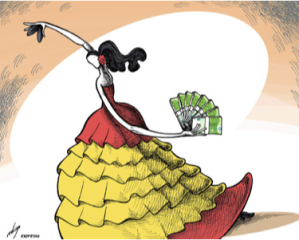Reseña del libro "The Giver" de Lois Lowry
En un mundo sin colores, sin olores ni sonidos, sin elecciones ni sentimientos, ¿existen el bienestar y la felicidad? Lois Lowry nos describe una sociedad que parece ser el casi perfecto modelo de una sociedad comunista en The Giver («El Dador«), donde todos en la comunidad trabajan juntos para el bien común y reciben la igual cantidad de beneficios de vivir en la comunidad.
 La historia es narrada desde el punto de vista de Jonas, un niño de 11 años que vive en una sociedad donde se cumplen las reglas sin cuestionarlas y donde todo tiene un aire de «igualdad». Está a punto de ser asignado su trabajo en la comunidad, y es mediante su inseguridad que el lector se da cuenta del mundo en el que vive. Tiene una madre, un padre y una hermana menor, pero no comparte relación genética con ninguno de ellos. En esta sociedad, las familias son creadas por ciertas personas seleccionadas según lo indique el gobierno. Las personas tienen un cambio de ropa, un par de zapatos, una bicicleta como medio de transporte, y un único artículo personal, para evitar la incomodidad de «tener que elegir». Este mundo que ha creado Lowry es un mundo sin sentimientos ni colores, donde el uso adecuado del vocabulario y de la lengua es imperativo. La sociedad está estructurada de tal forma que nadie padezca ningún dolor ni sufrimiento y nadie elegirá de forma equivocada, ya que el gobierno se encarga de elegir todo por las personas, asegurándose la elección correcta, al mismo tiempo que erradica cualquier tipo de sentimiento de dolor o miedo. El precio a pagar: la libertad y la alegría.
La historia es narrada desde el punto de vista de Jonas, un niño de 11 años que vive en una sociedad donde se cumplen las reglas sin cuestionarlas y donde todo tiene un aire de «igualdad». Está a punto de ser asignado su trabajo en la comunidad, y es mediante su inseguridad que el lector se da cuenta del mundo en el que vive. Tiene una madre, un padre y una hermana menor, pero no comparte relación genética con ninguno de ellos. En esta sociedad, las familias son creadas por ciertas personas seleccionadas según lo indique el gobierno. Las personas tienen un cambio de ropa, un par de zapatos, una bicicleta como medio de transporte, y un único artículo personal, para evitar la incomodidad de «tener que elegir». Este mundo que ha creado Lowry es un mundo sin sentimientos ni colores, donde el uso adecuado del vocabulario y de la lengua es imperativo. La sociedad está estructurada de tal forma que nadie padezca ningún dolor ni sufrimiento y nadie elegirá de forma equivocada, ya que el gobierno se encarga de elegir todo por las personas, asegurándose la elección correcta, al mismo tiempo que erradica cualquier tipo de sentimiento de dolor o miedo. El precio a pagar: la libertad y la alegría.
En la historia, el protagonista le es asignado el trabajo más respetado de la sociedad: el de recibidor. Todas las personas le miran con inmenso respeto, mientras saben que se sacrificará por el bien común. ¿Qué tipo de sacrificio? El trabajo del recibidor consiste en (como su nombre indica) recibir recuerdos y memorias de la vida antes de la «igualdad» que le entrega el dador. Recuerdos alegres como el color rojo de un trineo en la nieve, el calor del sol al medio día, el azul del agua del mar… pero con estos hermosos recuerdos, vienen ligados memorias de guerras, muerte, hambre, heridas… Y el recibidor siente el calor del sol como si estuviese bajo tal, mientras que siente el dolor de una herida de guerra como si le hubiesen disparado de verdad. El verdadero papel del recibidor consiste en retener todos esos recuerdos para que la sociedad viva sin ellos, y por lo tanto viva sumisa por el gobierno y en paz.

Lo primero que impacta al lector son las raras normas de la sociedad en la que viven, sobre todo la relacionada a la comunicación. El diálogo forma un papel fundamental, ya que las personas están obligadas a siempre decir la verdad y a hablar entre sí. Todos los días Jonas debe dialogar con su familia sobre qué ha soñado durante la noche y qué le ha sucedido durante el día. Además, debe usar las palabras adecuadas y exactas según lo indique la situación. Por ejemplo, en un capítulo Jonas es reñido por sus padres cuando les pregunta si le aman, tras haber visto el recuerdo de una navidad en familia, y ellos se ríen y le responden diciendo «la palabra amor es tan general que carece se significado. Te disfrutamos y estamos orgullosos de ti, pero no te amamos». Con esto podemos decir que las palabras o el lenguaje son herramientas muy útiles para describir el mundo, pero no tienen sentido si no transmiten sentimientos.
La crueldad de una sociedad monótona es un tema crucial en la historia. Es una sociedad donde el gobierno es autoritario y a las personas se les ha quitado el derecho a la libertad de elección. Ha llegado a tal punto de monotonía que los colores dejaron de existir, los sonidos son monótonos y las figuras son planas e iguales. Las normas son lo primordial en el día a día y aportan orden y harmonía en la sociedad. Incluso la pubertad es controlada mediante medicamentos que impiden los deseos biológicos naturales de reproducción humana. El gobierno se encarga incluso de elegir el momento de «partida» de cada persona de la sociedad. Cuando una persona deja de ser útil para el bien común, ya sea porque nace con malformaciones o porque la vejez se lo impide, el gobierno les hace el favor de «dejarles ir». La crueldad llega a tal punto que el lector se pregunta, ¿cual es el propósito de las personas en esta sociedad? ¿A qué aspiran? Por la confianza de los habitantes puedo decir que aspiran a paz, a tranquilidad y a un orden otorgado por el gobierno y en su capacidad de decidir de forma correcta.
Resulta interesante como cambia Jonas a medida que conoce los horrores de la sociedad en la que vive. El lector de momentos olvida que se trata de un niño de tan solo 11 años, que no sabe mucho de la vida y se le encarga la difícil tarea de lidiar con años de historia y sentimientos. Previamente a que supiese que es un «recibidor», Jonas vivía su vida como cualquier otro integrante de la sociedad. Sin embargo después de los recuerdos que obtiene, despierta en su alma un ansia de sabiduría, de conocimientos que no le son otorgados en ese sitio. El momento más impactante en mi opinión es cuando el dador le enseña el recuerdo de una navidad con abuelos, padres e hijos en familia, y Jonas le pide al dador que sea su abuelo para quererle como se querían en la familia del recuerdo, y desea que sus padres le amasen como se aman en esa memoria. Es a partir de ese momento cuando Jonas se da cuenta de lo aislado que se encuentra en sus propios deseos y pensamientos. Es cuando empieza por primera vez a cuestionar las normas de la sociedad en la que vive. Es cuando decide, a pesar del pavor que provoca, cambiar las cosas.
The giver es un libro que te plantea un mundo donde todo lo que nos hace humanos desaparece, y esto obliga al lector a darse cuenta de lo afortunados que somos al vivir con libertad.
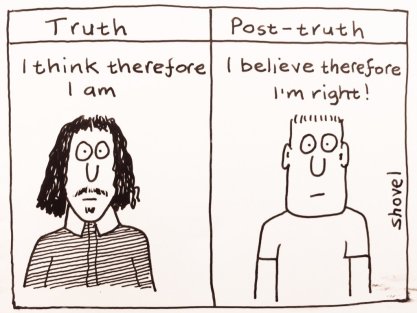

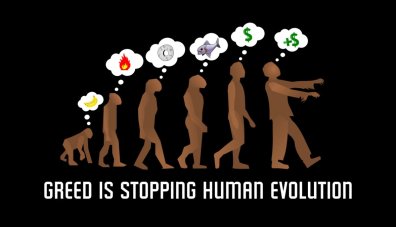
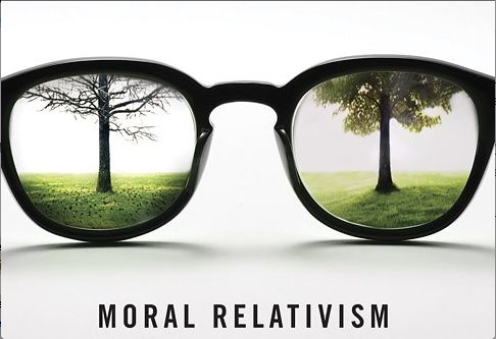
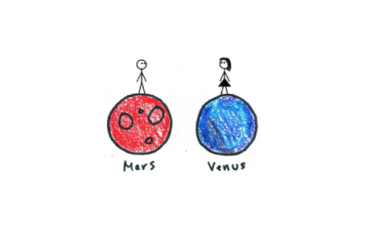

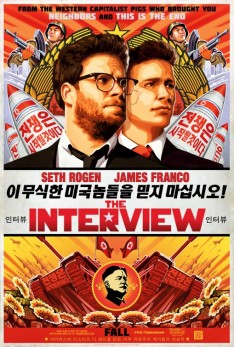 But according to the FBI, North Korea was centrally involved in the cyber attack of the SONY computers. And it is not surprising, for the movie is based on two men who are asked by the CIA and the USA government to take out Kim Jong-Un while interviewing him. It is no doubt a comedy film, but it ridicules the image of the North Korean leader and the country itself. Is this Kim Jong-Un’s idea of payback?
But according to the FBI, North Korea was centrally involved in the cyber attack of the SONY computers. And it is not surprising, for the movie is based on two men who are asked by the CIA and the USA government to take out Kim Jong-Un while interviewing him. It is no doubt a comedy film, but it ridicules the image of the North Korean leader and the country itself. Is this Kim Jong-Un’s idea of payback?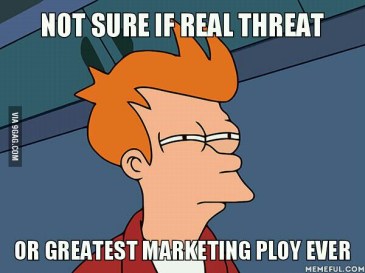 t least this is what many people think, for it has only brought publicity. After all, everyone is talking about it. Good publicity, bad publicity… it does not matter as long as it is in everyone’s mouths. What is surprising is that «The Interview» arrived in selected theatres despite it all, and right before Christmas! Also on December 24th, SONY announced the online release of «The Interview» available for rent or to buy on Google Play, Xbox, Youtube and their own website:
t least this is what many people think, for it has only brought publicity. After all, everyone is talking about it. Good publicity, bad publicity… it does not matter as long as it is in everyone’s mouths. What is surprising is that «The Interview» arrived in selected theatres despite it all, and right before Christmas! Also on December 24th, SONY announced the online release of «The Interview» available for rent or to buy on Google Play, Xbox, Youtube and their own website: 




